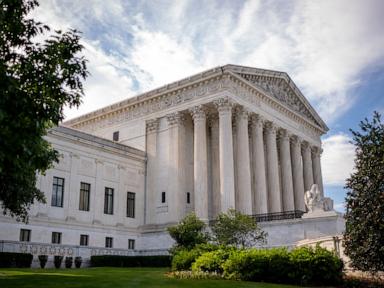
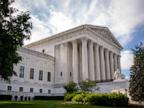

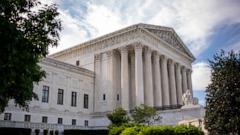
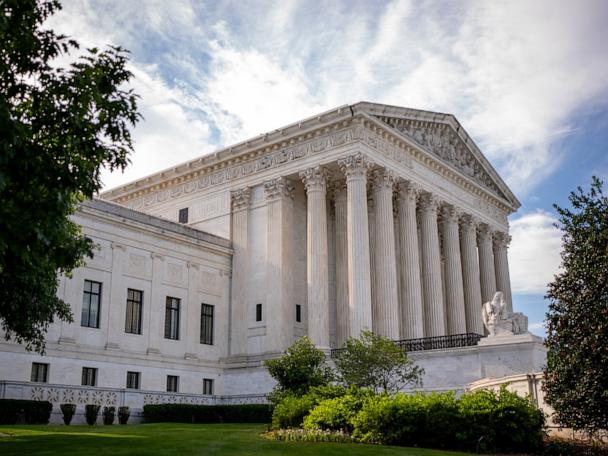
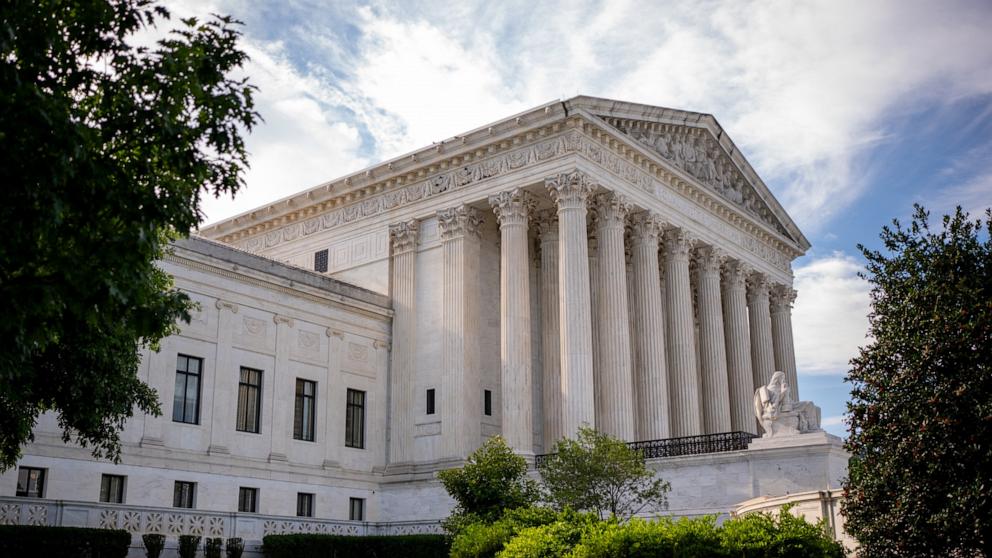
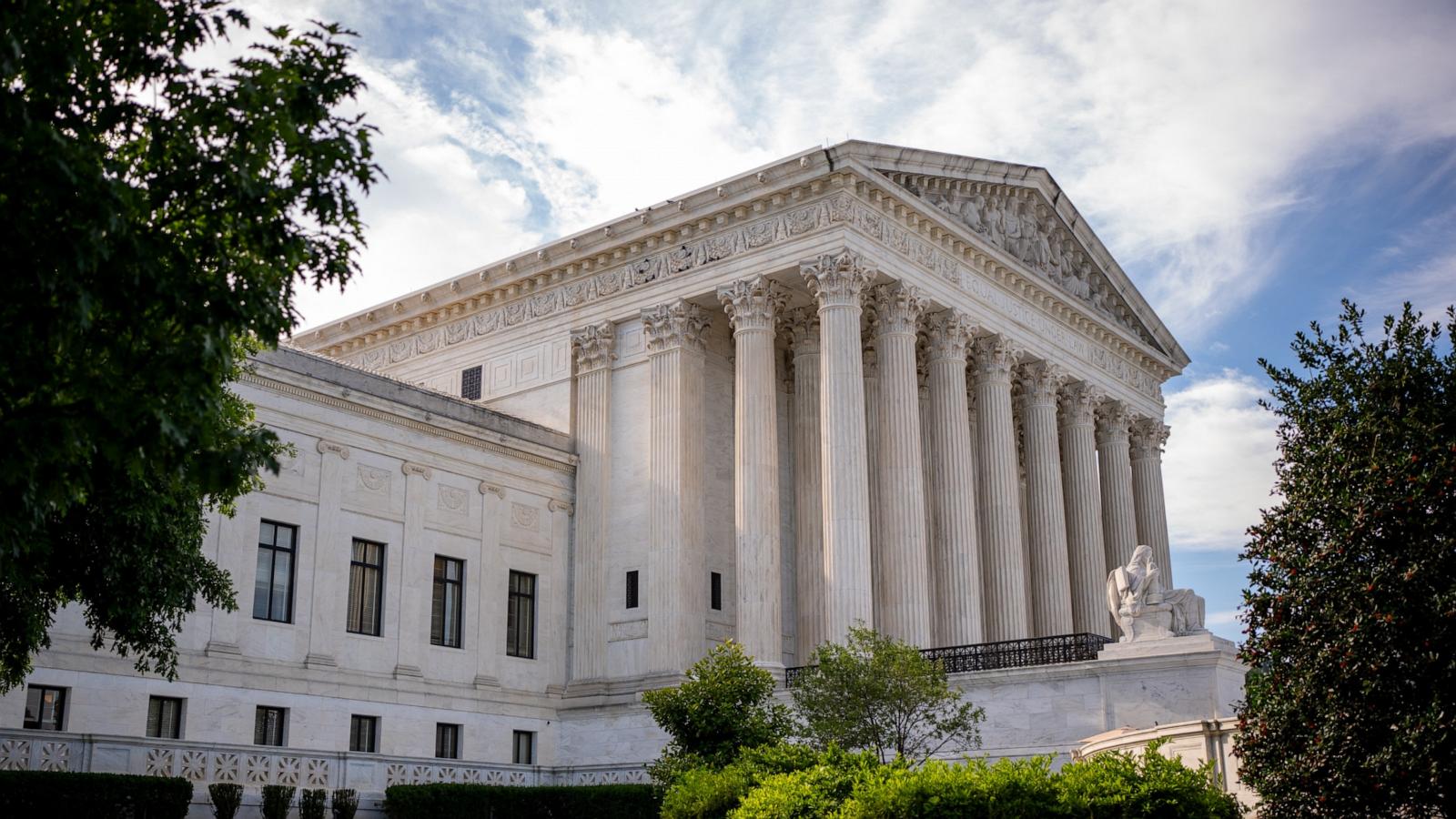
The U.S. Supreme Court on Friday upheld a federal ban on firearms for people under domestic violence restraining orders.
The 8-1 opinion was authored by Chief Justice John Roberts. Justice Clarence Thomas was the lone dissenter.
“When a restraining order contains a finding that an individual poses a credible threat to the physical safety of an intimate partner, that individual may—consistent with the Second Amendment—be banned from possessing firearms while the order is in effect,” Roberts wrote. “Since the founding, our Nation’s firearm laws have included provisions preventing individuals who threaten physical harm to others from misusing firearms.”
“Taken together, the surety and going armed laws confirm what common sense suggests: When an individual poses a clear threat of physical violence to another, the threatening individual may be disarmed,” Roberts added.
In other words, the court held someone in those circumstances could be temporarily disarmed.
U.S. v. Rahimi centered on a dispute over a 1994 federal statute that requires domestic violence restraining orders issued by federal and state judges to be reported to the national background check system, and thus serve as a basis to deny a gun sale. Challenging the law was Zackey Rahimi, a Texas drug dealer with a history of domestic violence.
The case marked a major test for the court since its decision in 2022 that expanded gun rights and created a new framework for evaluating Second Amendment cases.
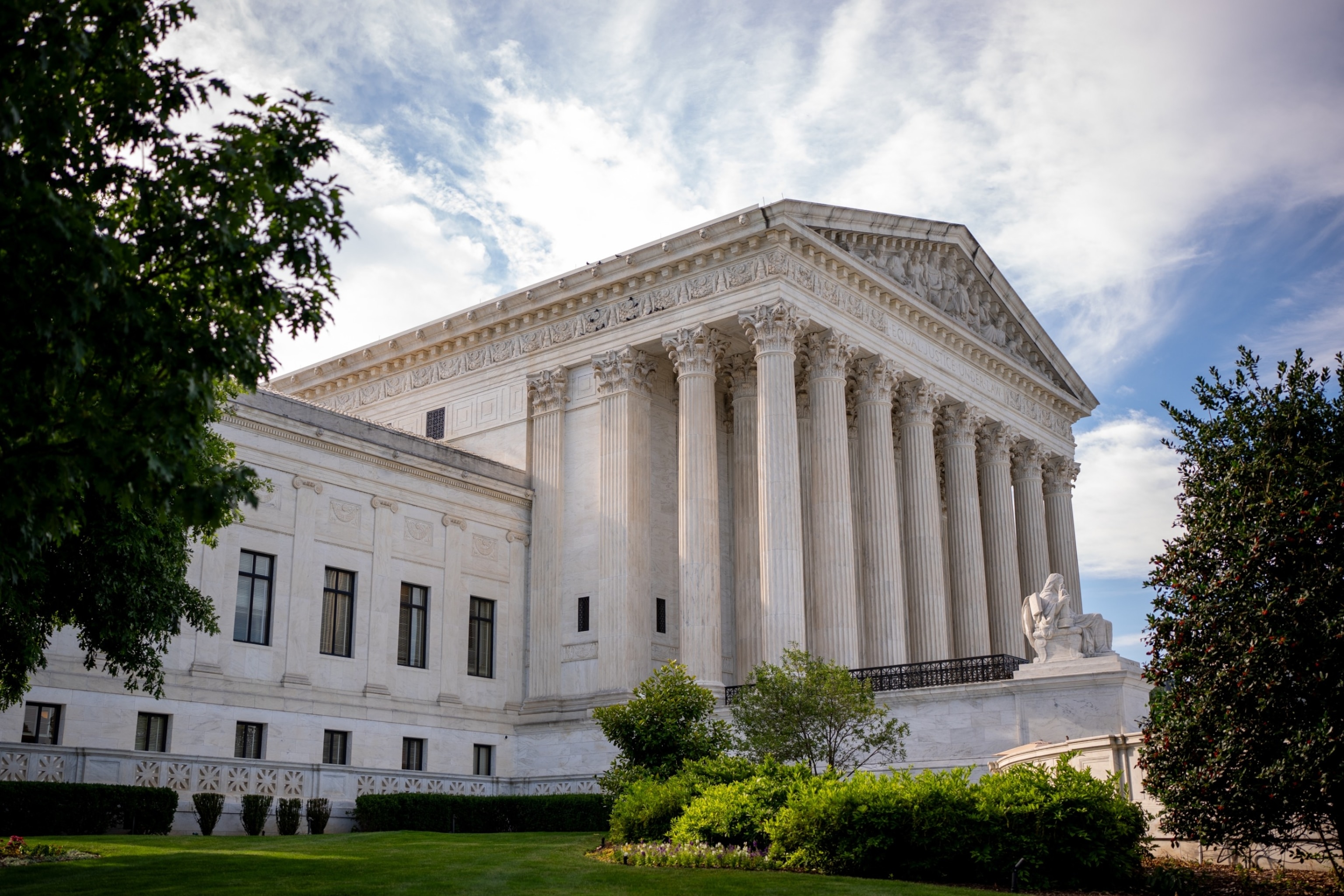
An exterior view of the Supreme Court on June 20, 2024 in Washington, DC.
Andrew Harnik/Getty Images
The 2022 ruling, New York State Rifle & Pistol Association v. Bruen, has led to chaos in lower courts and triggered a flood of challenges to gun safety laws on claims they don’t have a historical parallel.
Roberts wrote that “some courts have misunderstood the methodology of our recent Second Amendment cases. These precedents were not meant to suggest a law trapped in amber.”
Thomas, who authored the Bruen opinion, wrote in his dissent that “not a single historical regulation justifies the statute at issue.”
“Yet, in the interest of ensuring the Government can regulate one subset of society, today’s decision puts at risk the Second Amendment rights of many more,” Thomas wrote.
The court’s ruling on Friday comes at a time when firearms are a leading factor in intimate partner violence nationwide. So far this year, there have been 952 domestic violence murders involving guns, according to the Gun Violence Archive.
“We know that firearms make domestic abuse situations significantly more deadly, and firearms’ effects on women’s safety is a crisis,” said former congresswoman Gabrielle Giffords, who founded a gun safety group after being shot in 2011. “This ruling is a small step in the fight to stop violence against women.”
“Our country has stood at a tipping point, with the safety of survivors of domestic violence on the line. But today, we took a step toward protecting millions from their abusers,” Janet Carter, the senior director of issues and appeals at Everytown Law, part of Everytown for Gun Safety, said in a statement.
Attorney General Merrick Garland said the Supreme Court reaffirmed the Justice Department’s view the federal firearm ban for domestic abusers is a “commonsense prohibition” consistent with the Second Amendment.
“The Justice Department will continue to enforce this important statute, which for nearly 30 years has helped to protect victims and survivors of domestic violence from their abusers,” Garland said.

